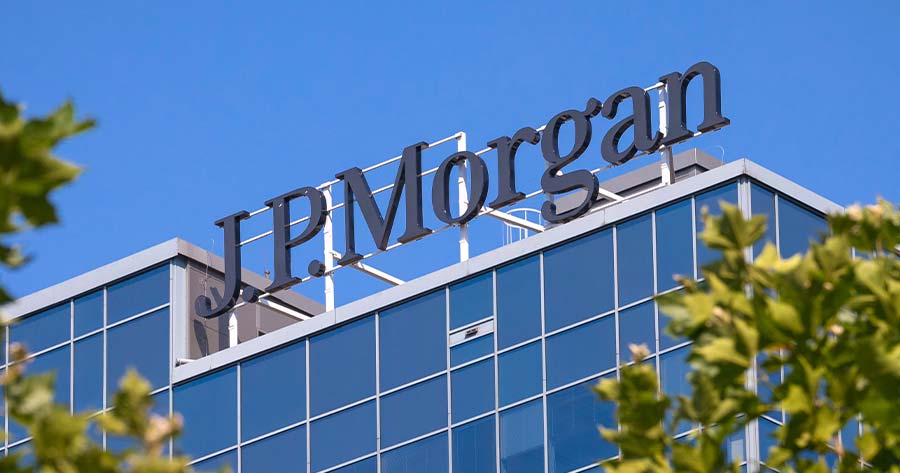JPMorgan Chase has further solidified its dominance in the U.S. banking landscape, widening the gap between itself and key competitors in the first half of the year.
The company’s market capitalization now surpasses the combined value of its three largest rivals including: Bank of America, Citigroup, and Wells Fargo. Over the same period, JPMorgan generated $30 billion in profit—more than twice the tally of its closest peer—and expanded its lead in investment-banking revenue over both Goldman Sachs and Morgan Stanley.
Structural setbacks among major rivals have further certified JPMorgan’s position. Wells Fargo has been hamstrung by regulatory constraints, Citigroup remains mired in a sweeping overhaul, and Bank of America is contending with the legacy of a portfolio laden with low-yielding bonds predating rate hikes.
JPMorgan, meanwhile, capitalized on opportunity by snapping up First Republic Bank in a distress sale, propelling itself to over US$1 trillion in assets and cementing its role as the nation’s largest bank. This upheaval has transformed what was once a competitive race at the top into effectively a one-player field.
Despite this, CEO Jamie Dimon struck a notably cautious tone on the bank’s latest earnings call.
All of JPMorgan’s major competitors are recovering, and the emerging fintech firms are growing faster and stronger, and are looking to take big chunks of the bank business, Dimon said, emphasizing that industry dynamics are in flux.
The competitive landscape is indeed adjusting. Wells Fargo’s asset cap has been lifted, Citigroup recently reported its best quarterly revenue in more than a decade, and Goldman Sachs has further solidified its dominance in equities trading. Meanwhile, a renewed regulatory embrace of cryptocurrencies under the Trump administration has given new momentum to fast-rising fintech groups.
Dimon pointed to the growing influence of these digital challengers, he stressed that the fintechs are trying to enter into the banking business with bank accounts, payment systems, and royalty programs. JPMorgan needed to be observant to this development.
JPMorgan has revised its net interest income forecast for 2025 upwards, following robust outcomes in its investment banking and trading sectors that helped it outperform second-quarter profit projections.
The bank has now adjusted its net interest income expectations to approximately $95.5 billion, up from a prior estimate of about $94.5 billion. This figure represents the differential between what the bank gains on loans and what it pays on deposits.





